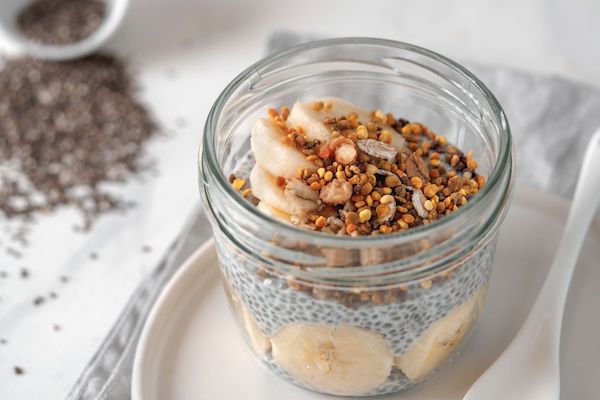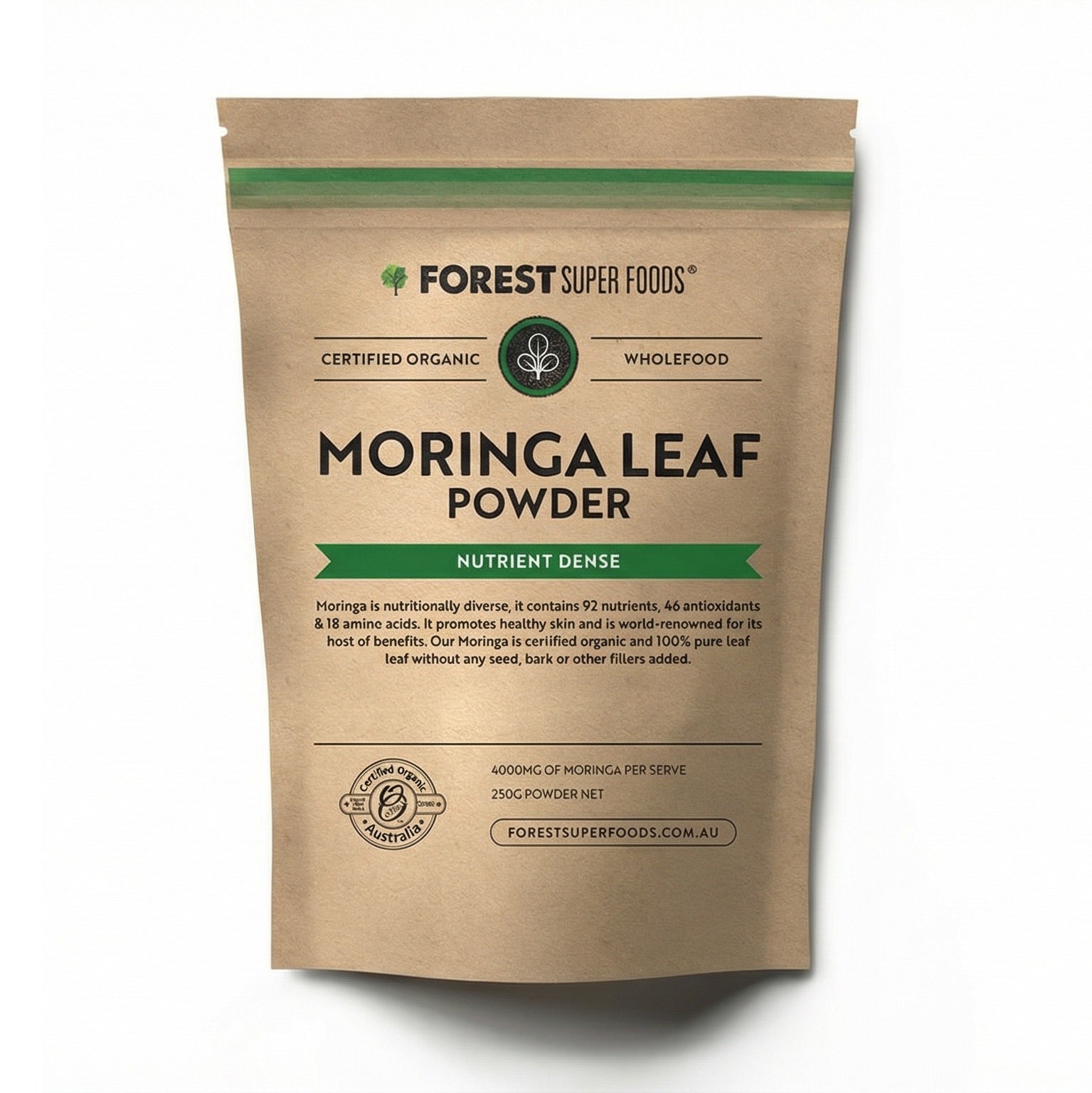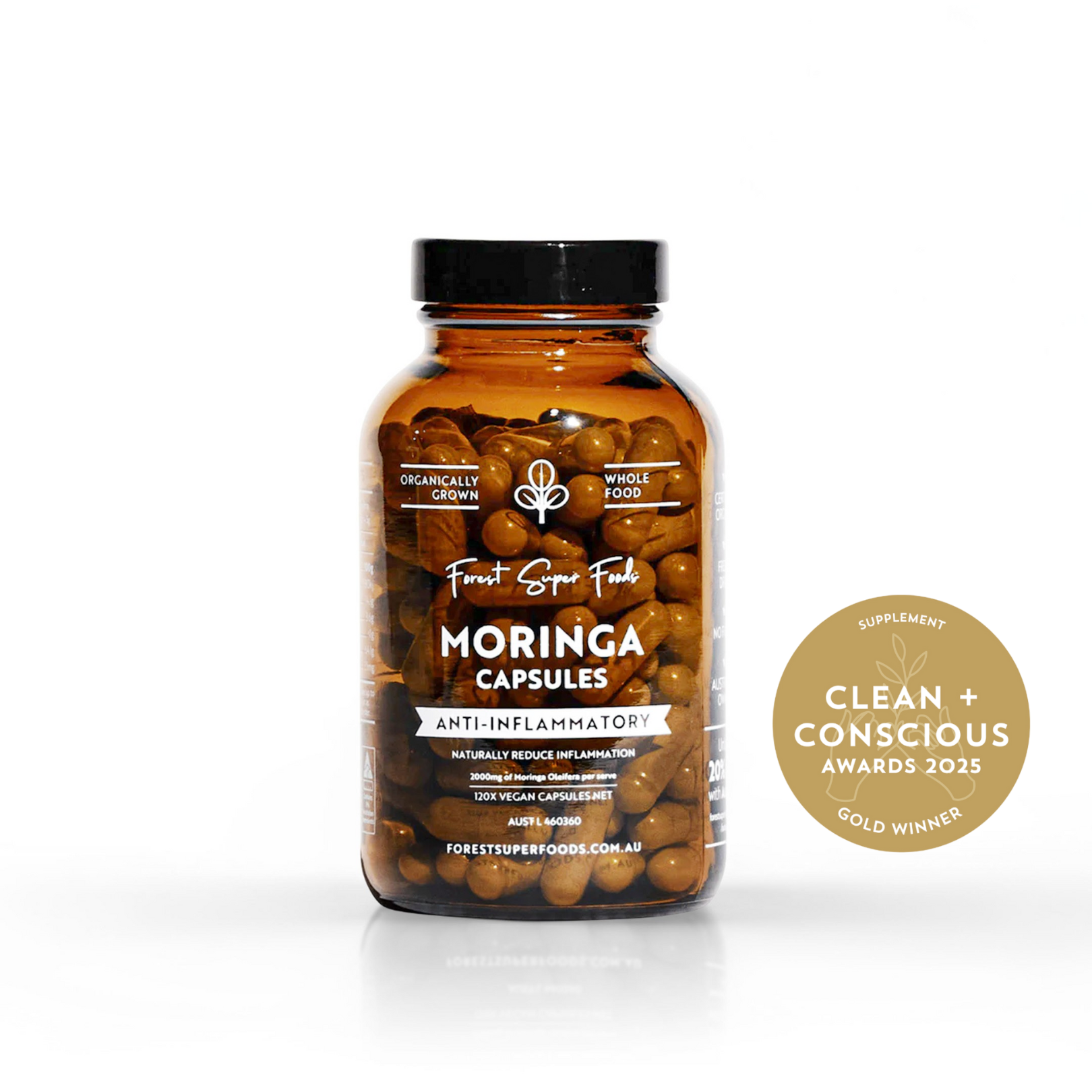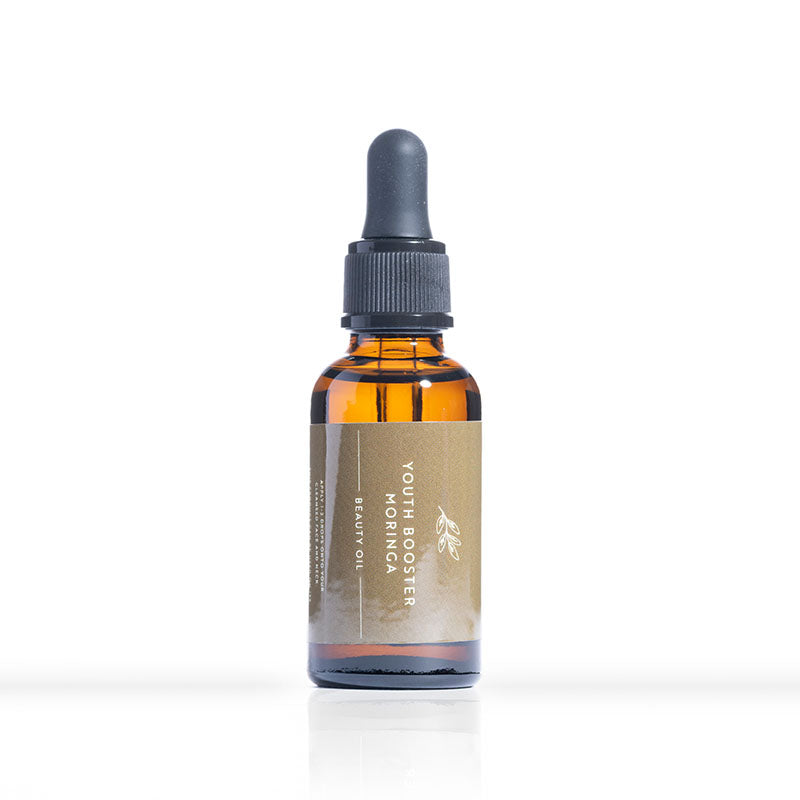There are so many buzzwords that constantly bombard us in the wellness world; one of those is blood glucose. So, I thought it was about time we discussed this complex process – simply, what it is and what it means for your body.
What is blood glucose?
Blood glucose or blood sugar is the primary source of energy for our cells. When we talk about this, it’s usually in reference to the concentration circulating in the body.
Blood glucose is derived from the foods we eat. When we eat food containing carbohydrates, the digestive system breaks down the carbohydrates into digestible sugars that then enter the bloodstream.
What is insulin?
When the levels of these sugars rise, the pancreas produces insulin – a hormone that encourages the cells to absorb the blood sugar for energy and storage. It’s also used in the body for fat and protein metabolism. I like to think of insulin as the key to the cell opening its doors.
Problems begin in our bodies when our blood glucose is persistently high, and the pancreas is constantly pumping out insulin to get the sugar into the cells. This can be a result of a diet high in refined sugars, refined grains, or super high in protein, lack of physical activity, chronic inflammation, smoking, and even problems with gut microbiota.
Any one of these issues can then trigger the cells to stop responding to the insulin and become insulin resistant—they change their locks.
Once the cells become resistant to insulin, the levels of blood glucose rise, and the body keeps producing more insulin to try and get the cells to uptake the glucose.
Long term, this is damaging for the pancreas, resulting in decreased insulin production, and the circulating glucose damages organs and often leads to the development of pre-diabetes, Type 2 Diabetes, and many other conditions.
All is not lost…even if you have pre-diabetes, type 2 diabetes, or don’t have any issues but want to keep it that way.
How to keep blood glucose levels in check:
-
Move your body: Physical exercise is the fastest and easiest way to improve insulin sensitivity; it has an immediate response on blood glucose. Researchers have established that a 15-minute walk after every meal significantly improves blood glucose.
-
Target visceral fat: This fat releases inflammatory hormones that increase insulin resistance. So, exercise, exercise, exercise.
-
Avoid cigarettes: Nicotine changes the ways cells respond to insulin and can increase blood sugar levels, as well as causing inflammation. This also makes cells stop responding to insulin.
-
Increase your intake of Omega 3 fatty acids: These can reduce insulin resistance and lower blood triglyceride levels. Hemp seeds and hemp seed oil are great sources.
-
Take Moringa: This incredible superfood is high in Chromium, which is required for normal macronutrient metabolism.
-
Get some sleep: Good sleep every night. Poor sleeping habits can cause insulin resistance, so make getting a good night’s sleep a priority every night. Struggle to switch off? Try Reishi.
-
Stress less: Chronic stress contributes to the development of insulin resistance. So, take up yoga, meditation, and walking to move that stress. Need more help? Get some Ashwagandha.
-
Change your diet: Start by replacing some refined foods with whole foods; the natural fibre in the whole food will slow down the absorption of sugar—meaning a stable blood glucose level. Include healthy fats and proteins with your carbohydrates—think avocado, nuts, seeds, and lean proteins—to help regulate blood glucose.
-
Stay hydrated: Water plays a vital role in digestion and can assist in managing blood glucose. Aim for at least eight glasses a day.
-
Limit sugars: Minimise your intake of sugary snacks and beverages. Check food labels for hidden sugars, and opt for natural sweeteners like honey or maple syrup when needed.
Organic Moringa Leaf PowderA powerful supplement for your health and wellness. Order Now |

|
Frequently Asked Questions
What does Ashwagandha do for the body?
Ashwagandha is a traditional adaptogen known for helping the body manage stress. It may support hormone balance, improve energy levels, reduce anxiety, and enhance sleep quality. Some studies also suggest benefits for brain function, endurance, and immunity.
Is Ashwagandha allowed in Australia?
Yes, Ashwagandha is approved for use and sale in Australia as a listed ingredient in supplements. At Forest Super Foods, we ensure our Ashwagandha is 100% organic and compliant with Australian standards and regulations.
What happens if I take Ashwagandha daily?
Many people take Ashwagandha daily for long-term stress support, improved mood, and better sleep. Most benefits are noticed gradually over weeks. Always follow the recommended dose and consult a healthcare professional if you're on medication or managing a health condition.
Does Ashwagandha have side effects?
Ashwagandha is generally well tolerated, but in some cases, it may cause digestive upset, drowsiness, or hormonal effects. It's not recommended during pregnancy, and people with thyroid conditions or autoimmune disorders should consult their doctor first.
Does Ashwagandha make you sleepy?
Ashwagandha doesn't act like a sedative, but it may promote relaxation and help reduce overactive stress responses. This calming effect may support deeper sleep at night without causing grogginess during the day.
How long does it take for Ashwagandha to kick in?
Most people start noticing effects within 2 to 4 weeks of consistent use. However, it can vary depending on your health, dosage, and what you're using it for (e.g., stress, sleep, energy, or hormones).










Leave a comment
All comments are moderated before being published.
This site is protected by hCaptcha and the hCaptcha Privacy Policy and Terms of Service apply.